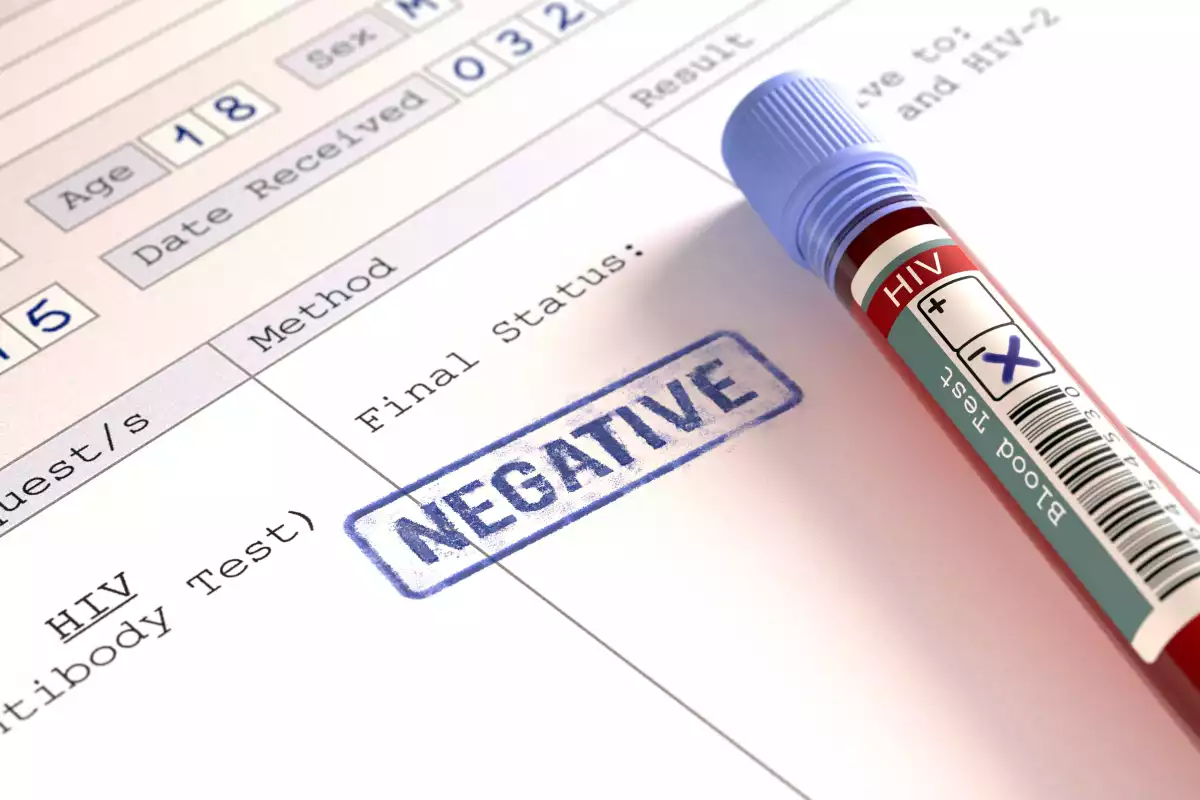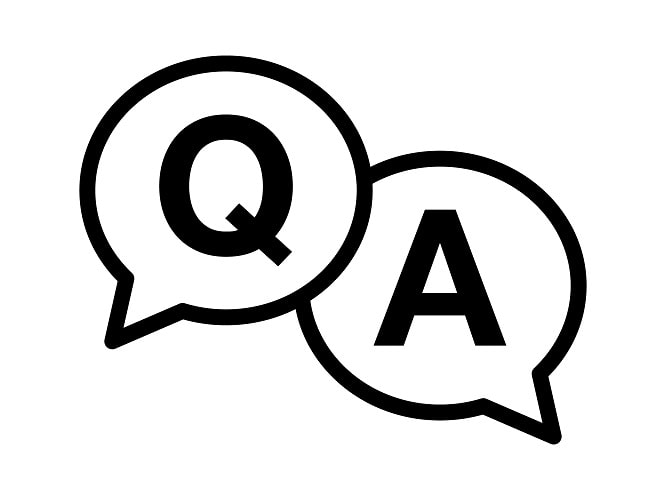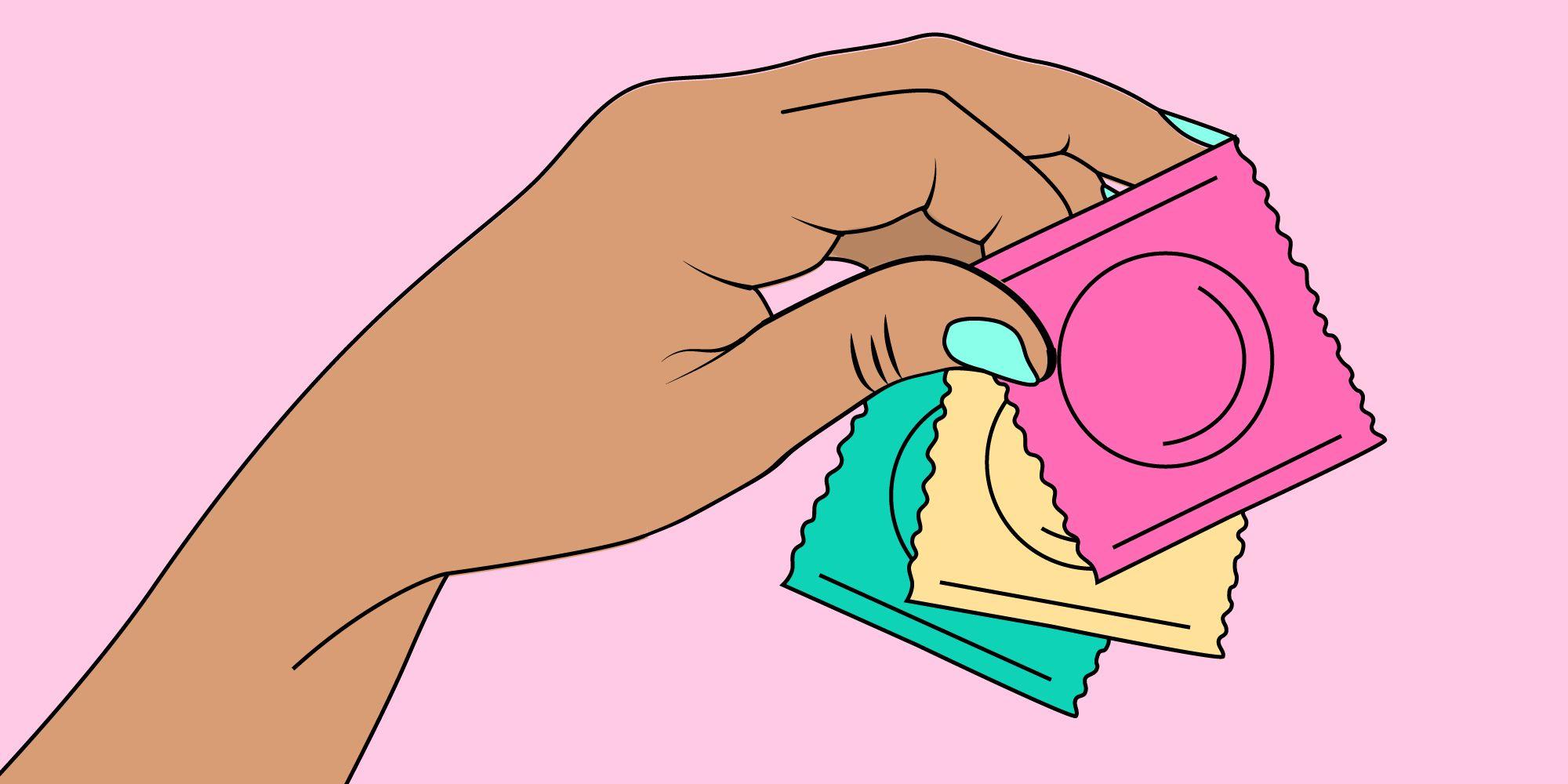
PrEP

PrEP
And in Greece the HIV prevention pill
A point of reference in the prevention of the HIV virus that causes AIDS is the PrEP (Pre Exposure Prophylaxis) treatment.
The pill that acts as a "shield" for the body against HIV is also arriving in our country.
PrEP, which has been available for years in public health systems in Europe, brings us one step closer to a world without hiv, without the dangers of AIDS.
What is PrEP?
PrEP is a medication that helps reduce the chances of getting HIV when you have sex with someone who has the virus.
In fact, it is the closest to a vaccine as a medical means of prevention.
As with cervical cancer, rectal cancer can be detected in early stages, so diagnosis is of particular value, since the disease is treatable.
Already in European countries where the PrEP pill is available, a reduction in HIV transmission has been recorded, especially among high-risk individuals such as gay men.
How does PrEP treatment work?
PrEP works as a means of stopping the reproduction of the HIV virus inside the human body. More specifically, it helps the body produce antibodies, which fight germs and viruses.
After exposure to the virus, the drug's ingredients block the enzyme the virus needs to reproduce.
Before the PrEP treatment
- It is important to confirm a negative result for HIV infection 4 weeks after the last high-risk sexual intercourse.
- You should be re-examined every 3 months.
- If you have been exposed to the virus or have symptoms you should wait until the test comes back negative before starting.

For who is the PrEP treatment?
PrEP is for people who are HIV negative but at high risk of being exposed to HIV, such as:
- If they have had anal or vaginal sex in the last 6 months and their partner is HIV positive.
- They are heterosexual men or women and have regular contact without condoms with people who are at risk of developing HIV.
- If they have been diagnosed with a sexually transmitted disease in the last 6 months.
PrEP does not replace the Condom!
The protection provided by PrEP against HIV does not apply to other sexually transmitted diseases, nor, of course, does it prevent unwanted pregnancy.
It does not, therefore, replace the use of a condom which protects against a number of other sexually transmitted diseases, such as gonorrhea and chlamydia. Therefore, condom use remains a basic rule in protection against sexually transmitted diseases.
Read also...

PrEP & Effectiveness Rates
The correct administration of the drug Prep ensures high rates of HIV prevention, which reach 99% in terms of the risk of infection during sexual intercourse. In other words, PrEP provides full coverage for sexually transmitted HIV infection.
Conversely, the effectiveness of the drug is reduced when PrEP treatment is not taken as recommended by the doctor.
Safety of PrEP treatment
PrEP treatment is considered safe. In most cases it does not cause side effects, but even if some occur such as headache and stomach upset, they are mild and subside in a few days or weeks.
In any case, this is a treatment given under medical supervision, in which any side effects should be reported to a doctor, especially when they become more severe or persist.
If you have not decided if you really want to follow this treatment, you can try it for a short time always under the guidance of a doctor. If you think it suits you, continue it. Otherwise, stop and if you change your mind, start again.
PreP or PEP;
In addition to the treatment before exposure to the HIV virus there is also the treatment when exposure to the virus occurs after exposure to the virus, PEP (Post Exposure Prophylaxis). This particular treatment starts within 72 hours after sexual intercourse and is followed for a period of 30 days.
The main difference between PrEP and PEP is the timing of the treatment.
What is HIV?
HIV, the human immunodeficiency virus is a virus that attacks the body's immune system and if not treated leads to acquired immunodeficiency syndrome AIDS. Today the virus is controlled with proper medical care and patients can live a normal life, protecting their partners.
AIDS refers to the last stage of HIV infection, when the immune system is greatly weakened and the HIV-positive person becomes susceptible to various diseases and certain types of cancer.
HIV Symptoms
HIV infection may or may not show symptoms. Flu-like symptoms often appear 2 to 4 weeks after infection, which can last from a few days to a few weeks. Some people, however, will have no symptoms at all.
The only way to know if you are infected is to get tested.
Sex Gets Better
PrEP treatment not only protects against the dangers of AIDS but also contributes to better sex. The way is the classic way of eliminating stress. People no longer worry every time if they will catch hiv virus and this makes them feel pleasant during sexual intercourse as well.

